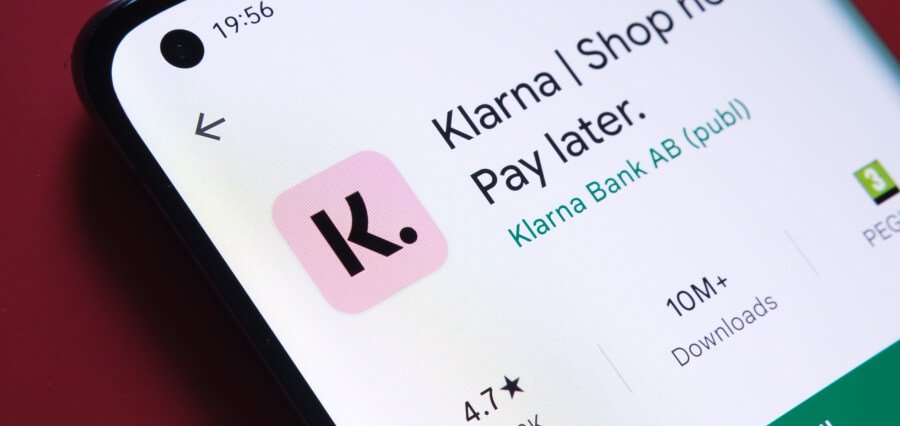Stockholm-headquartered Klarna, a Swedish fintech firm perhaps best known for buy now, pay later (BNPL) services, is today looking to expand its footprint in the market a little more, having announced it has partnered with Dutch payment processor Adyen to embed payment solutions into physical retail environments. The collaboration will enable Klarna, which was previously strictly an online play, to reach consumers at brick-and-mortar stores.
More than 450,000 Adyen payment points, used by thousands of merchants, will feature Klarna as a payment method, under the new terms. The joint venture is first set to roll out in Europe, North America and Australia, but its open-roadmap plan does include expansion in other markets around the world. This development reflects an increasing incidence of BNPL players opting to access in-store shopping, not only as this will give a new dimension to their offerings but also enhance their affinity with clients.
Klarna’s BNPL service allows consumers to split the cost of their purchases into interest-free installments. As it has, to date, been most closely associated with e-commerce-that now represents around 5% of global online sales and Klarna says satisfying customers also at physical points of sale is just as important-David Sykes, Chief Commercial Officer, cited an ambition on behalf of Klarna to allow consumers to use its payment option at any checkout: “Enabling consumers to use Klarna at every checkout is a significant milestone in Klarna’s history.”.
The collaboration continues an existing relationship in the e-commerce space between Klarna and Adyen. This year, Klarna has divested its Klarna Checkout service, which reduces direct competition with the payment processors like Adyen, Stripe, and Checkout.com. As a result, it positions Klarna to concentrate on making its BNPL offerings more attractive and integrating them into as many shopping environments as possible.
Klarna’s efforts come at an important moment, when the firm looks to make its way to the public markets via an initial public offering. While an actual date has not been announced, Klarna CEO Sebastian Siemiatkowski said such a listing could occur as early as 2024.
Klarna has begun rolling out new features: A checking account-like product the company calls Klarna Balance and cashback rewards that are meant to get consumers to consolidate their financial activities on its platform. BNPL is still a growing sector. However, it is garnering scrutiny by consumer rights advocates because of the accusation that it promotes overspending. Klarna and other competitors of the brand need to adopt an evolved landscape with regard to this classification responsibly as regulatory frameworks around such sectors start taking shape in the UK and, more so, as governments strive to work through establishing regulations within the BNPL space.









Within this platform, you can discover a variety internet-based casino sites.
Whether you’re looking for well-known titles latest releases, there’s a choice to suit all preferences.
All featured casinos are verified for trustworthiness, allowing users to gamble peace of mind.
1win
Moreover, the site unique promotions plus incentives for new players including long-term users.
With easy navigation, locating a preferred platform takes just moments, saving you time.
Stay updated on recent updates by visiting frequently, because updated platforms are added regularly.
Within this platform, explore a variety virtual gambling platforms.
Interested in classic games or modern slots, there’s something for every player.
The listed platforms fully reviewed for safety, allowing users to gamble peace of mind.
1xbet
Moreover, this resource unique promotions and deals to welcome beginners including long-term users.
Thanks to user-friendly browsing, locating a preferred platform is quick and effortless, saving you time.
Keep informed regarding new entries through regular check-ins, since new casinos are added regularly.